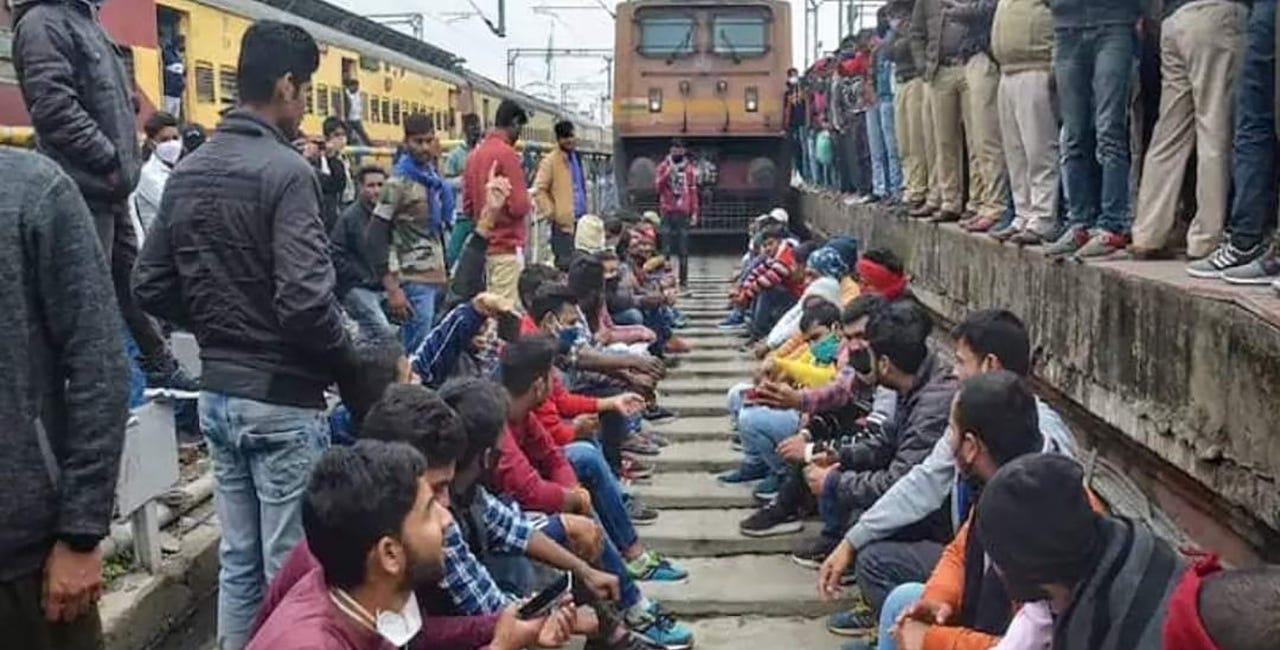The Public Record: Parliament on Youth Employment
Analysing 60,000+ Parliamentary Qs from the 17th Lok Sabha, we offer a first-of-its-kind, data-driven look at how India's Parliament engages with youth employment
New Report - and a Request at the end
This blog has largely featured my columns and reflections — but today’s post is different. I’m writing about a new report we’ve just released through the Future of India Foundation, titled The Public Record: Parliament on Youth Employment.
This report analyses over 60,000 parliamentary questions from the 17th Lok Sabha to examine how elected representatives have engaged with the issue of youth employment. It highlights patterns of attention and gaps, tracks emerging trends like gig work and AI, and identifies possibilities for bipartisan action. For the first time, it offers a data-driven lens on whether Parliament truly reflects the aspirations of India's young citizens.
Why does this matter now?
India stands at a crossroads. We have the world's largest youth population. How we mainstream this youth bulge — economically and democratically — will determine our future. And just as the stakes are rising, we face new headwinds: global economic uncertainty and the rise of employment-displacing technologies.
Politics must meet this moment with seriousness. Yet our political discourse has become increasingly polarized, making substantive discussion on critical issues nearly impossible. In this climate, Parliament is our country’s highest institutional expression for cross-party collaboration in the national interest — though partisanship is hollowing this institution too.
Even within this narrowing democratic space, parliamentary questions provide a unique window into representative democracy. Unlike debates or legislation — often top-down or performative — questions allow individual MPs to surface local, grassroots concerns. This report focuses on that space: mapping how MPs have engaged with employment in general, and youth employment in particular. The findings are both instructive and surprising — revealing both concerning gaps and opportunities for progress. Please do read the report (the executive summary at the beginning offers a quick overview).
Beyond the data, there’s a larger argument.
Over time, the impulse to contribute to public life has drifted away from political engagement towards technocratic and philanthropic channels. Governance has become NGO-ised and depoliticised. This trend, while often well-intentioned, ultimately weakens democracy. Unless the desire to serve the country is expressed through politics, it will remain siloed and limited in impact. Politics is how we collectively decide our national priorities — and how we collaborate to achieve them.
This report is thus a deliberate attempt to re-politicise both youth employment and democratic engagement. It seeks to place youth concerns at the heart of our national political agenda — and to restore employment as a bipartisan, institutional, governance priority.
Finally, a request.
All of our work is aimed at strengthening Indian democracy and building an intellectually expansive understanding of the issues facing young people today — while nurturing youth leadership rooted in judgment and values.
This is hard but rewarding work. And given its wider democratic aspirations, it also needs a broader support base and committed partners. If you would like to support our work, please reply to this email.
Subscribe below for other insights and analysis
Also Read:
Job Losses from AI Are Already Here — India Must Act Now
In Alphabet’s Q1 2025 earnings call, Sundar Pichai made a startling disclosure: well over 30% of the new code at Google is now being generated by AI (then reviewed and accepted by human engineers). This figure is up from 25% just six months ago, in October 2024.






